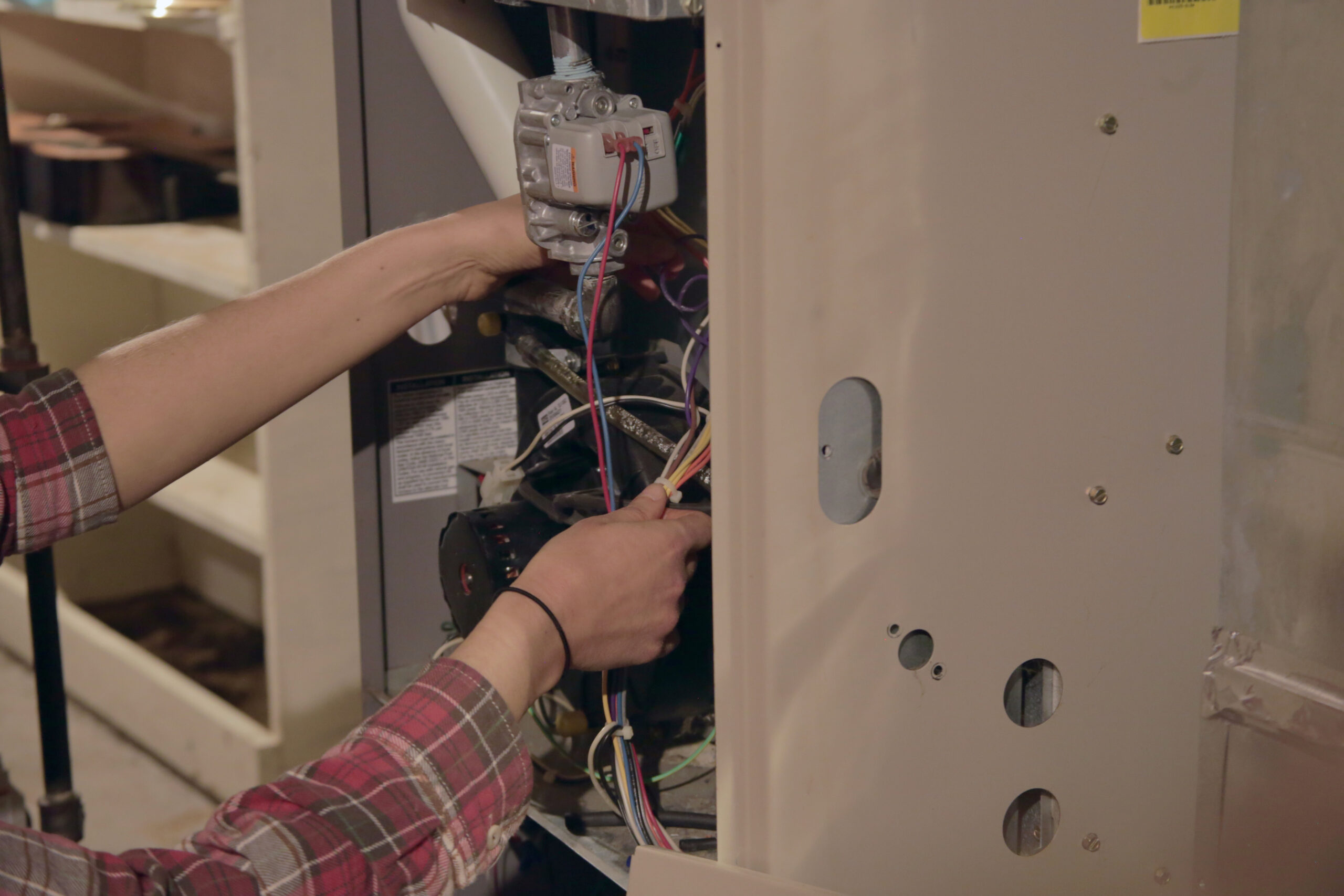Indoor Air Quality in Schools: Teacher’s Checklist
Children spend a large part of every weekday at school, so creating a healthy environment is paramount to their learning and general health. The Environmental Protection Agency (EPA) warns that indoor air is two to five times more polluted than outdoor air, which can cause detrimental side effects to sensitive populations. The most common allergens found in the air at schools are dust mites, pests, and mold. Children with allergic asthma can suffer from asthma attacks due to these contaminants.
Poor indoor air quality (IAQ) in school can contribute to an uncomfortable learning environment and lack of focus in students. More importantly, it can cause chronic health issues that result in missed school days.
Signs That Poor IAQ May Be Affecting Your Students’ Health
Parents are often the first to notice if their child is suffering from the effects of poor indoor air quality, but teachers have the advantage of being able to monitor multiple children. Be on the lookout for these signs that indicate poor IAQ in your school:
- Multiple students complain about asthma or allergy symptoms during certain times of the day or week.
- Students report feeling better when they leave the school but have symptoms again when they return.
- Your school has recently been renovated or refurnished.
- You or your school have recently introduced new or different materials or equipment.
- Your school started using new cleaning or pesticide products or practices.
- Your school allows smoking.
- Your classroom has adopted a new warm-blooded animal.
What Can Teachers do About Poor IAQ in Classrooms?
Teachers are often the first school employees to notice the effects of poor indoor air quality on their students. They should take their concerns to the school administration, who should bring in a licensed HVAC contractor to evaluate the school’s air quality and provide air cleaning and purifying solutions.
On a smaller scale, teachers can combat low IAQ in their classrooms by going through the following checklist provided by the EPA:
General Cleanliness in Classrooms
- Rooms are dusted and vacuumed regularly
- Rooms are free of clutter
- Trash is removed daily
- No food is stored in the classroom overnight
- Animal food is stored in tightly-sealed containers
- Rooms are free of pests and vermin
- Unscented, school-approved cleaners and air fresheners are used
Animals in Classrooms
- Exposure to animal allergens is minimized
- Animals are kept in cages (as much as possible)
- Cages are cleaned regularly
- Animal cages are placed away from supply and return vents
- School nurse is consulted about any specific student allergies or sensitivities
- Sensitive students are moved away from animals and habitats
Drain Traps in Classrooms
- Water is poured down floor drains once per week (approx. one quart of water)
- Water is run in sinks at least once per week (about two cups of water)
- Toilets are flushed once each week, especially if not used regularly
Excess Moisture in Classrooms
- Condensate is wiped from windows, windowsills, and window frames
- Coldwater pipes are free of condensate
- Indoor surfaces of exterior walls are free of condensate
- Areas around and under classroom sinks are free of leaks
- Classroom lavatories are free of leaks
- Ceiling tiles and walls are free of leaks (discoloration may indicate periodic leaks)
- Spills are cleaned promptly
Thermal Comfort in Classrooms
- Classrooms maintain a moderate temperature (should generally be 72°F–76°F)
- No signs of draftiness
- Students are not seated in direct sunlight
- Indoor humidity is maintained at acceptable levels (between 30% and 60%)
Ventilation in Classrooms
- Know where the unit ventilator is located
- Know where the air supply and return vents are located
- Air is flowing from the supply vent
- Air supply pathway is not obstructed
- No vehicle exhaust, kitchen/food, and chemical odors in the classroom
- No signs of mold or mildew
- Know how to open the windows
Educational Supplies in Art, Science & Industrial/Vocational Classrooms
- Supplies and their labels are reviewed
- Material Safety Data Sheets are accessible
- Spill clean-up procedures are developed and implemented
- All chemicals are accurately labeled with the date of receipt/preparation and pertinent precautionary information
- Supplies are stored according to manufacturers’ recommendations
- Recommended procedures for disposal of used substances are understood and followed
- Compressed gas cylinders are stored securely
- Storage areas are ventilated separately from the main classroom area
- Diluted substances are used in place of concentrates wherever possible
- Exposure to hazardous materials is minimized
- Fume hoods capture respirable particles, gases, and vapors
Local Exhaust Fans in Classrooms
- Major pollutant-generating activities are identified
- Exhaust fans are located
- Exhaust fans are operable
- Adjacent rooms or halls are free of odor
Call Frymire Home Services for IAQ Issues in Your Dallas, TX School
We know that teachers and school administrators have a lot on their plates and that indoor air quality shouldn’t be their responsibility. Poor IAQ in schools is often the result of aging school buildings, so it takes an IAQ expert to evaluate schools and determine what can be done to improve them. At Frymire Home Services, we’ve been serving the HVAC needs of the Dallas area for over 60 years. We have the experience and resources to assess your school and identify the causes of poor IAQ.
We combat low IAQ with ventilation solutions, air duct cleaning, air filtration and purification systems, and heat and energy recovery ventilators that bring fresh air into the building regardless of outside temperature or weather. Call Frymire to improve your school’s indoor air quality for the health and success of your students.
If you need indoor air quality solutions for your school in Dallas, TX, trust the IAQ experts at Frymire Home Services. Give us a call at 972-913-2881 or contact us online today!






